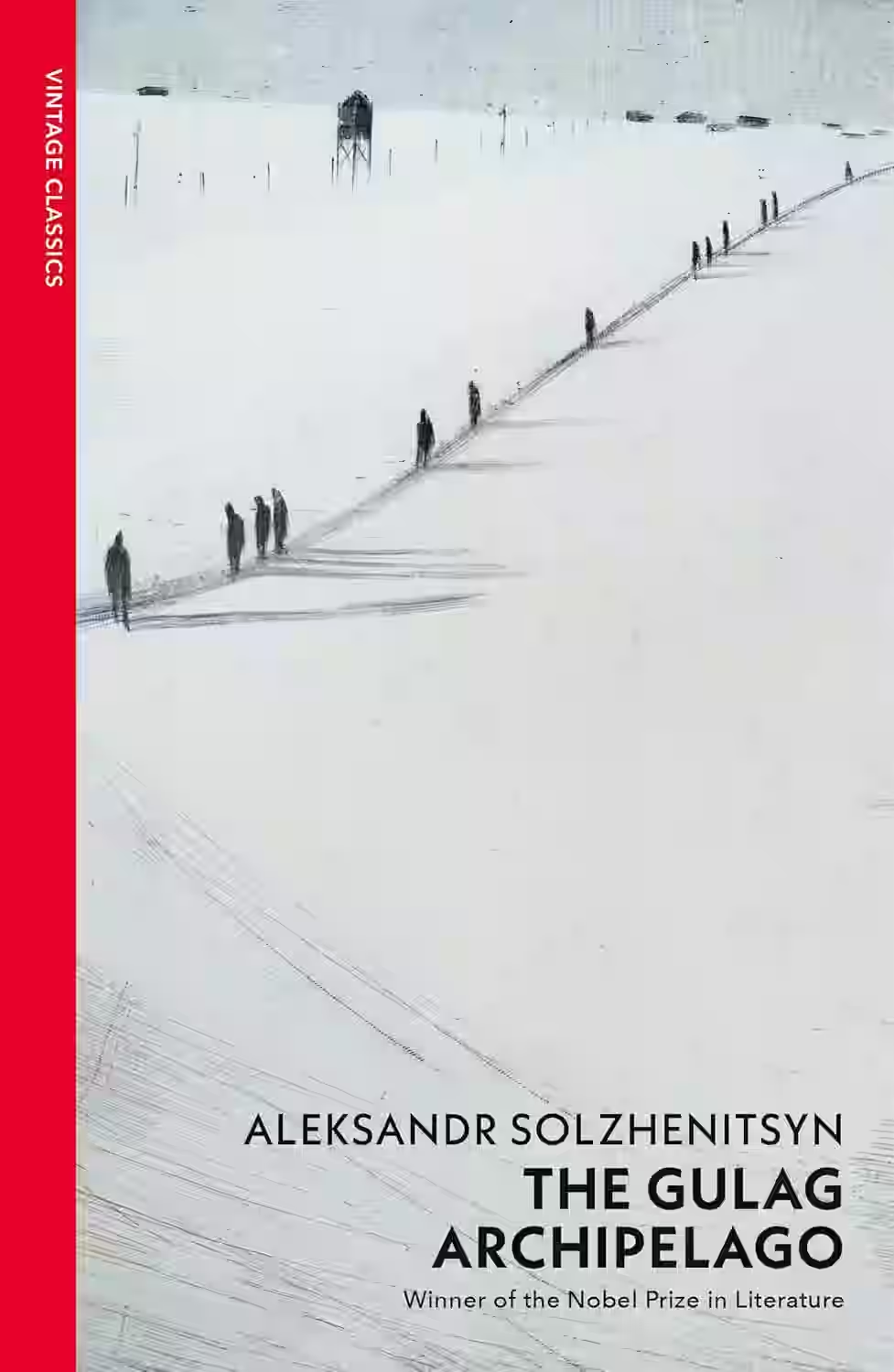Aleksandr Solzhenitsyn
Aleksandr Solzhenitsyn was a Russian novelist, historian, and dissident, born on December 11, 1918, in Kislovodsk, Russia. He served as a decorated captain in the Soviet Army during World War II but was later imprisoned for criticizing Stalin in a letter, an experience that inspired his literary works. Solzhenitsyn's most notable work, 'One Day in the Life of Ivan Denisovich' (1962), exposed the harsh realities of life in Soviet labor camps. His magnum opus, 'The Gulag Archipelago' (1973), further unveiled the atrocities of the Soviet regime and earned him the Nobel Prize in Literature in 1970. Solzhenitsyn's unflinching portrayal of totalitarianism and censorship continues to influence and inspire readers worldwide.

In 'The Gulag Archipelago,' Nobel laureate Aleksandr Solzhenitsyn meticulously documents the horrors of the Soviet forced labor camp system. Spanning three volumes, this monumental work delves into the chilling realities faced by prisoners, the arbitrary nature of arrests, and the dehumanizing conditions within the camps. Solzhenitsyn provides a harrowing account of the cruelty and oppression under Stalin's regime, shedding light on the resilience of the human spirit in the face of extreme adversity. Through powerful storytelling and profound insights, he exposes the depths of totalitarianism and the enduring quest for freedom and truth. 'The Gulag Archipelago' stands as a monumental work of historical significance and moral courage.